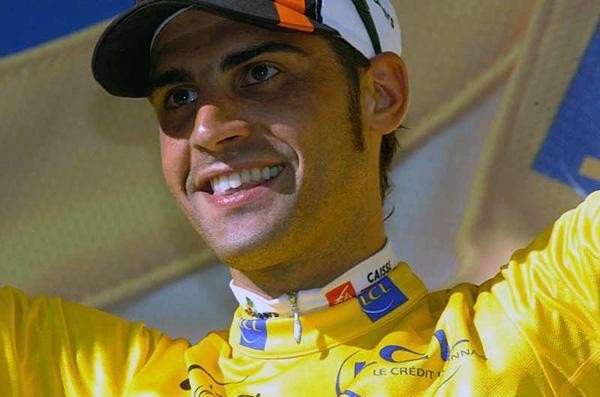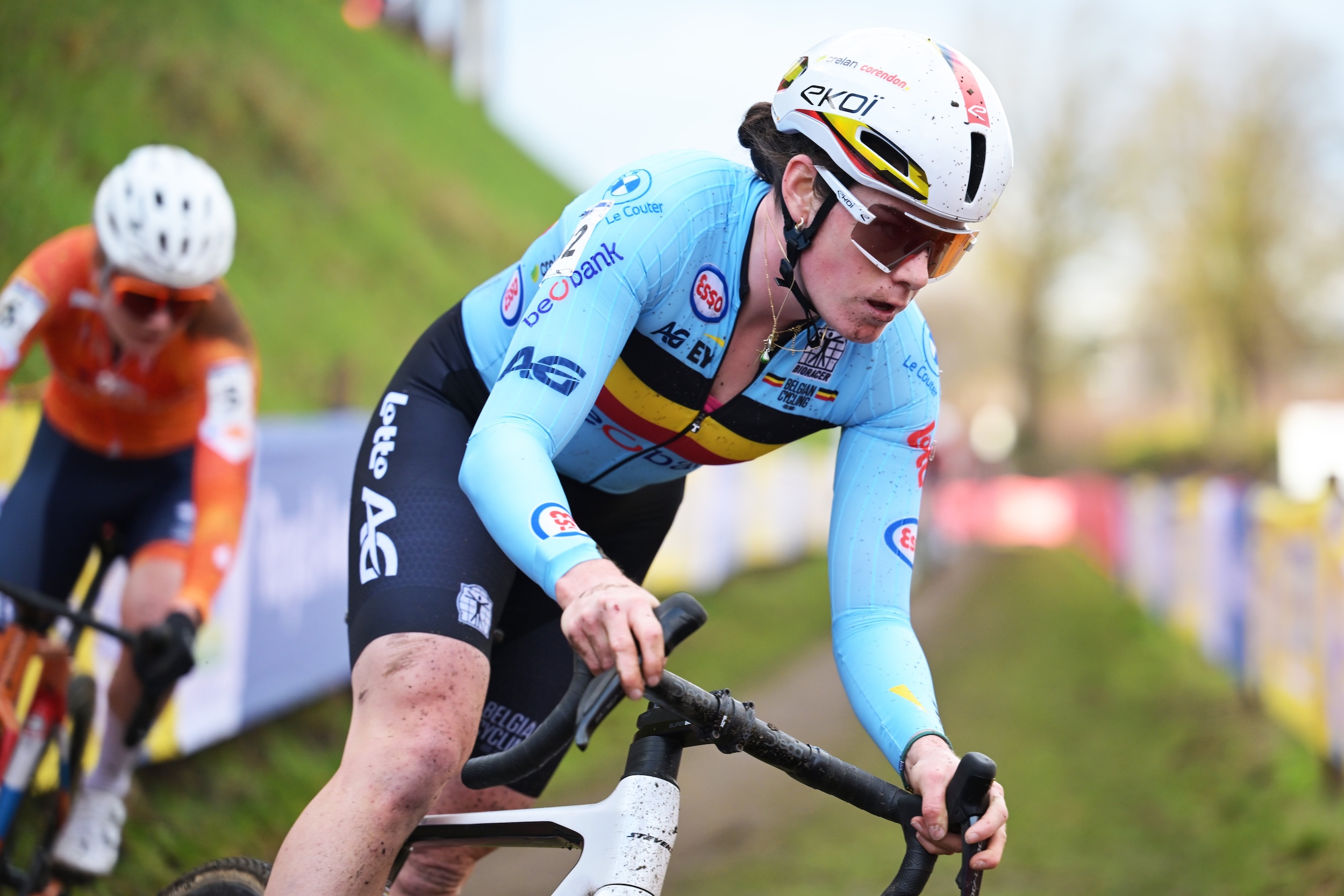Pound pleads for "greater unity" in the fight against doping
The president of the World Anti-Doping Agency, Richard Pound, has called for "greater unity" of the...

The president of the World Anti-Doping Agency, Richard Pound, has called for "greater unity" of the sports' institutions in the fight against doping. Speaking yesterday from Madrid, Spain, where he met with Sports Minister Jaime Lissavetzky in preparation of the World Anti-Doping Conference to be held in the Spanish capital from November 15-17, 2007, Pound was asked for comment on the use of salbutamol, an asthma drug, by Tour de France runner-up Oscar Pereiro (see previous story).
"I'm very interested in the outcome of the Pereiro case. All of this is very confusing," Pound told Spanish media. "If it's a case of Therapeutic Use Exemption (TUE), it shouldn't have come out to the media." French paper Le Monde had made the story on the supposedly missing justification of Pereiro's asthma drug use at the Tour de France public. Meanwhile, the Spanish rider has sent the documents to the French Anti-Doping Agency AFLD, who had requested them despite the rider's TUE clearance from the UCI. Currently studying the medical files, the Agency is expected to come to conclusions on Thursday.
"We have to work together," continued Pound, speaking of the different institutions controlling the sports' ethics. "Try to harmonise our efforts so that the national agencies don't go on one way and the international ones on another. We have to be united in zero tolerance against doping."
Meanwhile, Caisse d'Epargne rider Oscar Pereiro has asked for Le Monde to rectify the story. "The Spanish government should take legal action against the paper," he told AS. "I want them to correct their information and to do this using the same amount of space in their pages, saying that they made a mistake."
The 2006 Tour de France runner-up, who could still become the official winner of the French Grand Tour if Floyd Landis is ruled guilty of doping by the American Anti-Doping Agency this spring, thinks that there is currently "a big interest fight in the world of cycling. Sometimes I have doubts on my continuing as a cyclist, but I feel good about what I do and I still have three years. It would be stupid to stop now."
Still, Pereiro acknowledged that cycling had a major problem. "I don't know if the anti-doping detection methods are reliable to a 100 percent," he added. "They improve the tests every day, but sometimes there is this small percentage of an error margin that produces false positives. Landis defends himself, and I want to believe that he didn't dope. I've never seen anyone do anything, but we are still all guilty - if there are doping cases it's because it does exist."
The latest race content, interviews, features, reviews and expert buying guides, direct to your inbox!

